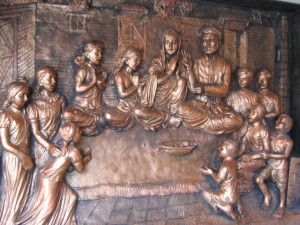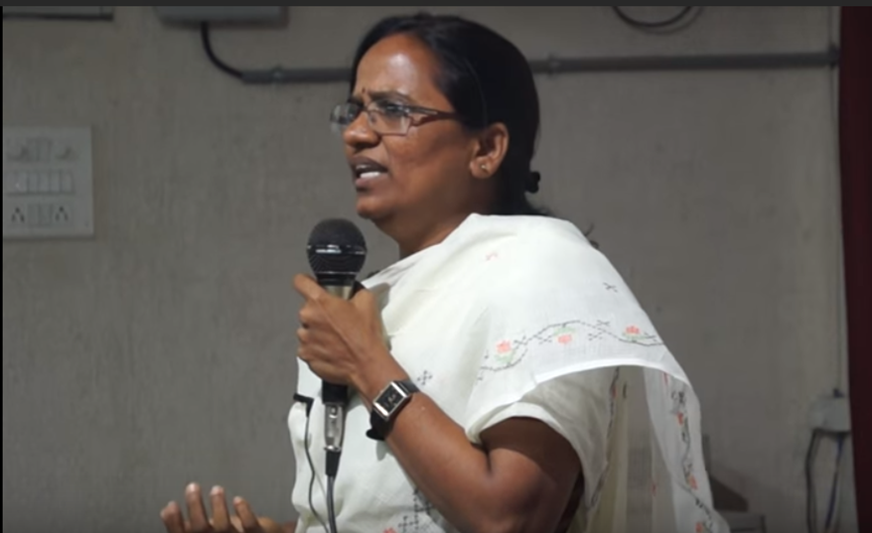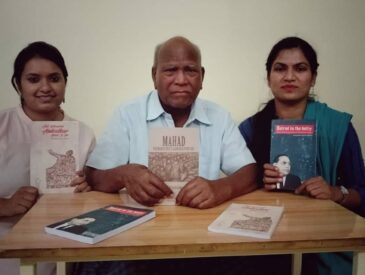On his 188th Birthday, an excerpt from his writings.
The Brahmin of the present time finds to some extent, like Othello, that his occupation is gone. But knowing full well this state of affairs, is the Brahmin inclined to make atonement for his past selfishness?

Perhaps, it would have been useless to repine over what has been suffered and what has passed away, had the present state been all that is desirable. We know perfectly well that the Brahmin will not descend from his self-raised high pedestal and meet his Kunbee and low-castes brethren on an equal footing without a struggle. Event he educated Brahmin who knows his exact position and how he has come by it will not condescend to acknowledge the errors of his forefathers and willingly forego the long cherished false notions of his own superiority. At present, not one has the moral courage to do what only duty demands, and as long as this continues, one sect distrusting and degrading another sect, the condition of the Sudras will remain unaltered, and India will never advance in greatness or prosperity.
…
Perhaps the most glaring tendency of the government system of high-class education has been the virtual monopoly of all the higher offices under them by the Brahmins. If the welfare of the Ryot is at heart, if it is the duty of government to check a host of abuses, it behoves them to narrow this monopoly day by day, so as to allow a sprinkling of the other castes to get into the public service. Perhaps, some might be inclined to say that it is not feasible in the present state of education. Our only reply is that if government took a little less after higher education, and more towards the education of the masses, the former being able to take care of itself, there would be no difficulty in training up a body of men every way qualified and perhaps far better in morals and manners.
My object in writing the present volume is not only to tell my Sudra brethren how they have been duped by the Brahmins, but also to open the eyes of government to the pernicious system of high-class education which has hitherto been so persistently followed, and which statesmen like Sir George Campbell, the present Lieutenant-Governor of Bengal, with broad and universal sympathies, are finding to be highly mischievous and pernicious to the interests of government. I sincerely hope that government will ere long see the error of their ways, trust less to writers or men who look through high-class spectacles and take the glory into their own hands of emancipating my sudra brethren from the trammels of bondage which the Brahmins have woven around them, like the coils of a serpent. It is no less the duty of such of my sudra brethren as have received any education to place before government the true state of their fellow men and endeavour to the best of their power to emancipate themselves from Brahmin thraldom. Let there be schools of sudras in every village; but away with all Brahmin school-masters!
Joteerao Phoole
1st June 1873


